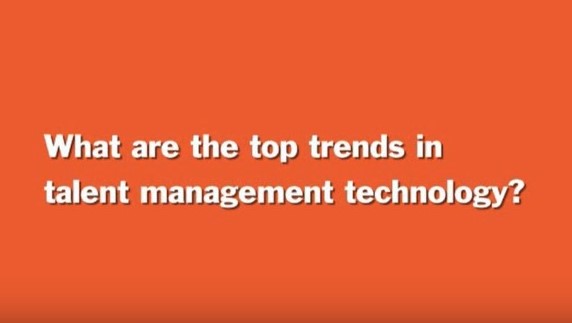Technology Trends in Talent Management
In today's post-modernization world, technological innovation makes data and IT easily accessible to people. This affects the way employees understand their goals and get the job done. The demand to continue to improve talent management services and improve user experience has resulted in demographic changes, presenting the need to use management structures that are different from the organization.
Over the years, employee engagement and retention strategies have always been prioritized by managers. But in the current scenario where digitalization plays a crucial role, how can we boost talent management and employee engagement? What are the new trends in technology and what impact will it have on talent management?
Digital talent management services
Every organization is experiencing a digital transformation. From cloud computing to process automation, most parts of business operations are being influenced by the digital world. When it comes to talent management, employers are emphasizing to create a more engaging work environment by utilizing the trends in technology. For example, robotic process automation (RPS). RPA enables employees to direct their effort to core business activities rather than falling in a loop with conventional business practices. Employers are also trying to improve employee experience by developing mobile applications and platforms that can be accessed at own convenience. Organizations are slowly leveraging the marvels of technology to improve their talent management services.
Performance analytics
For any organization, the main goal is to increase productivity and enrich employee skills. Managers continue to look for opportunities to provide adequate resources for employees to enhance personal learning and enable professional growth. To give them more challenging tasks, stable performance monitoring and frequent feedback sessions. The evolution of HR analytics has brought the ability to do real-time data analysis. To keep up with the fast-moving business environment, managers can utilize tools and dashboards that are included in the system (which carries out analysis) to provide instant feedback. Updates to the user interface and system allow easier access to employee data and improve analysis reliability.
Personalizing service programs
Millennials have started dominating the workforce. The need to individually cater to each employee request and increase the ability to support their career growth is becoming a top priority among organizations. The latest trend around customizing talent management services includes deploying employee-centric practices to engage the workforce through innovative and creative methods. The development of LMSs and self-service portals enable employees to accomplish tasks with more confidence. Personalizing their training and learning convinces them of trust and reliability in the organization. Building a brand identity with an organization is mandatory to further involve employees.
HRIS (HR information systems)
Over the past years, HR has considerably been influenced by the advancements in technology. Increasing global presence and the need to establish their roots in different geographies has complicated the task to maintain and consolidate all HR undertakings (including payroll and talent management). The need to optimize such global companies has led managers to look into the need for an integrated system that can centralize all data and enable consistent performance across borders. This demand for integrated systems has increased the necessity for HRIS (HR information systems) that can consolidate data and make it available for talent management service to be carried out globally, without any discrepancies.






0 Comments